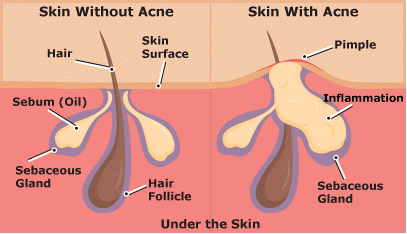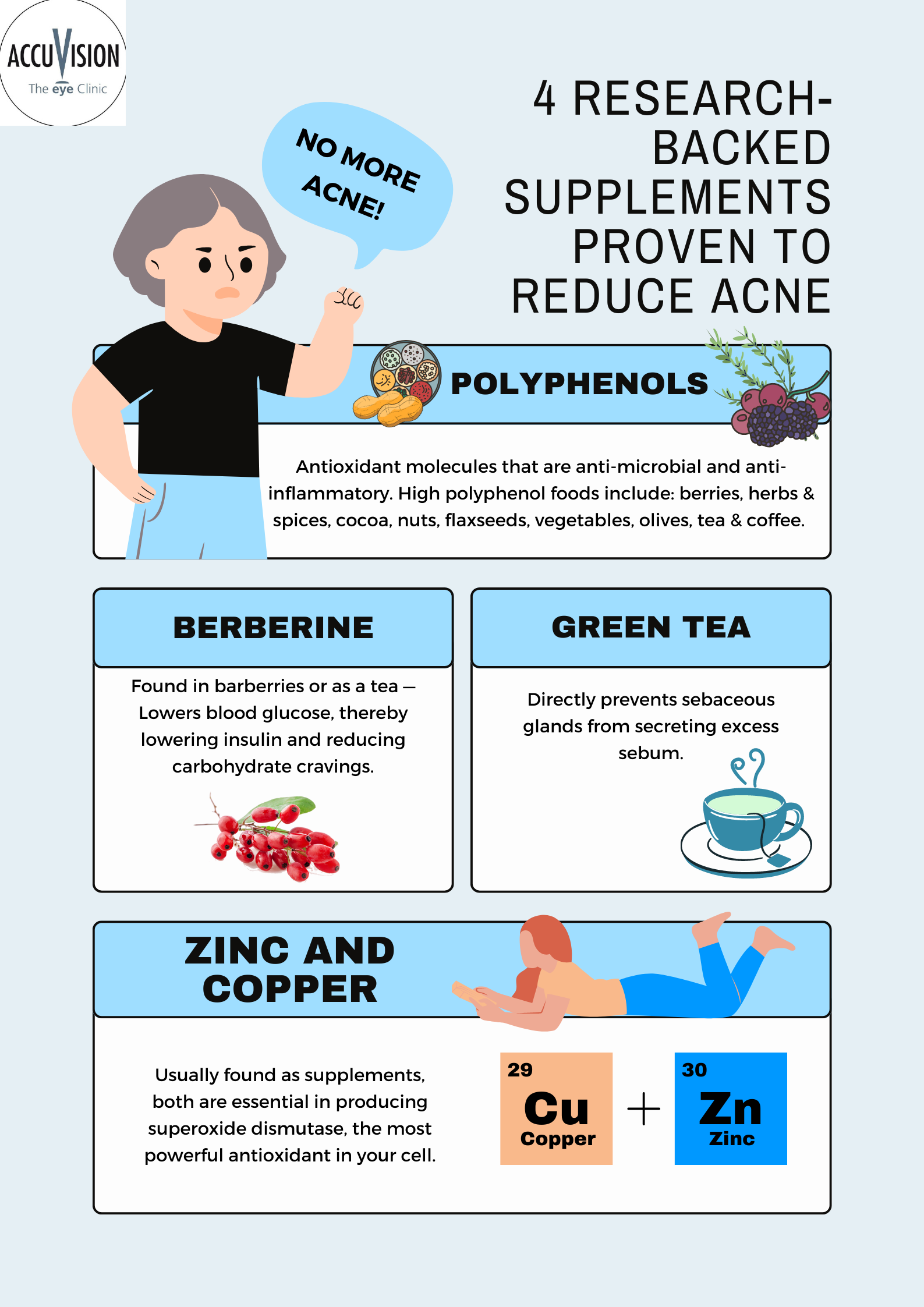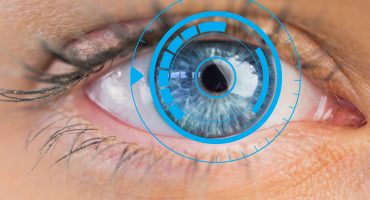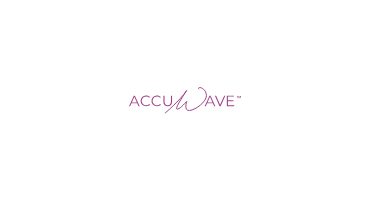Acne can be a devastating experience, affecting your appearance, your self-esteem and even your eye health. However, it’s a common condition that affects millions of people, and with the right care, treatment and lifestyle changes, you can significantly reduce or even rid yourself of acne.
To cure acne effectively, it’s important to understand it fully.
In this post, we will discuss:
- What is acne?
- The little-known link between acne and eye disorders.
- The root cause of acne.
- What causes the increase in acne-causing androgens?
- Are you making your acne worse?
- The most common misconceptions about acne.
- The two main types of acne scars.
- The simple solution to cure acne.
- Four research-backed, natural supplements proven to reduce acne.
- Do you have acne and are worried about your eyes?
What is acne?
Acne is an infection of your sebaceous glands. This can happen when excess sebum — an oily substance produced by these glands to lubricate your skin — blocks your hair follicles. This leads to inflammation and infection.
This is why you can experience:
- Redness — Which shows inflammation.
- Blackheads — Which show excess oil and dead skin in a clogged follicle.
- White pustules — Which shows infection filled with bacteria and white blood cells.
- Cysts and nodules — Which show more severe forms of infection, often needing oral antibiotics or prescription topical treatments.
A lesser-known link with acne, however, is its effects on your eye health.
Acne and eye disorders: The little-known link
Acne can cause a whole host of eye disorders and diseases. If you have acne and experience any of these symptoms, seek professional help immediately.
1) Blepharitis
Symptoms: Redness, swelling, itching, burning and a sensation of a foreign body in the eye.
Causes: The exact link is not fully known, but it’s thought that acne on the face can lead to increased oil production, bacteria and subsequent infection of the eyelid area.
2) Conjunctivitis
Symptoms: Inflamed and irritated eyes.
Causes: A rare condition caused by the spread of acne-causing bacteria to your eyes by touching your face with dirty hands or using contaminated makeup or contact lenses.
3) Dry Eye Syndrome
Symptoms: Itchiness, grittiness, redness, blurriness and sensitivity to light.
Causes: Hormonal changes that accompany acne can affect the meibomian glands in your eye. These glands secrete an oily substance called meibum that helps to lubricate the eyes and reduce tear evaporation. Studies have shown that high levels of androgen hormones can lead to the dysfunction of the meibomian glands, resulting in evaporative dry eye.
4) Chronic Progressive External Ophthalmoplegia
Symptoms: Weakness or paralysis of eye muscles, lid drooping, general weakness, difficulty swallowing.
Causes: a rare disorder that comes from a complication that can occur as a result of extreme scarring, and subsequent cyst and nodule formation, on the back of the neck and scalp.
5) Acne Fulminans
Symptoms: Sudden onset, painful nodules on chest and back, fever, bleeding of ulcers, painful joints.
Causes: A rare but severe and life-threatening form of acne that can occur from untreated or severe cases. This can lead to scarring, disfigurement and vision loss.
To avoid these complications, you need to make sure that you manage your acne appropriately, and not let it go out of hand. In the majority of cases, it’s more than possible to get acne under control with a few changes to your lifestyle.
To understand exactly how to do this, however, it’s important to know what causes acne and why it keeps recurring.
The root cause of acne
Genetics are a major factor that are mostly out of your control. And lifestyle and hygiene play a massive role in determining the severity of your symptoms.
But the real source behind this recurring infection is a group of hormones called androgens — one of which is testosterone. In fact, studies have shown that individuals with acne have higher levels of androgens in their blood compared to those without acne. High amounts of androgens can cause enlargement of your sebaceous glands, leading to more sebum, which leads to more infection. This is why pimples appear during puberty — you have a shift of androgens in your teenage years.
This is an important concept to keep in mind as we discuss methods of managing and treating your acne.
Side note for people with atopic conditions:
Multiple studies have shown that people with conditions like dermatitis, eczema and asthma are at significantly higher risk of developing acne.
Data from a study of 7,569 patients found that people with asthma and allergic rhinitis had a higher incidence of acne vulgaris than those without these conditions.
Why? Possible mechanisms include increased inflammatory response in people with atopic conditions. Additionally, they may have an altered skin barrier, making them more susceptible to irritation and infection.
It’s also worth noting that people with atopic dermatitis are more prone to develop acne as they have a higher chance of having Staphylococcus aureus on the skin, which is a bacteria that plays a role in the development of acne.
What can cause an increase in androgens?
There’s a protein in your liver, SHBG, that helps you bind oestrogen and testosterone. Low amounts of this protein releases locked up testosterone from the liver into your blood stream, increasing overall androgen levels. In fact, research has found that people with acne have low levels of SHBG.
So… what causes low levels of SHBG?
High insulin.
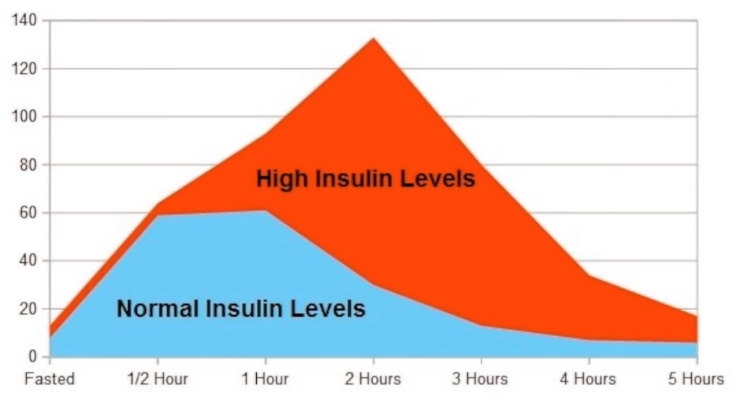
Why is the insulin-androgen link so crucial?
High insulin means high amounts of carbohydrates in your diet. And teenagers tend to consume lots of carbohydrates and sugars. In fact, the average person consumes the most carbohydrates at any point in their life during their teenage years.
So, an already high level of androgens coupled with an increased carbohydrate intake makes the teenage years a perfect storm for developing acne.
Other causes of low levels of SHBG protein include:
- A fatty liver can contribute to acne, because the more fat you have on your liver, the less of SHBG you will have.
- Inflammation of the liver can affect the regulation of our androgens and hormones.
- Hypothyroidism, or low thyroid, which is usually caused by liver problems, can lower SHBG levels.
- High cortisol, or increased stress, can increase the amount of free testosterone, thereby triggering more acne.
So now that we’ve determined the root cause of acne, we can discuss how to treat it.
But first, let’s discuss some habits that you need to stop right now before your acne gets out of hand — pimple-poppers pay close attention.
Common habits making your acne worse
Here are some of the biggest no-nos when dealing with acne:
- Pimple popping: Stop popping your zits. This just creates more of an infection, more inflammation and more scarring. Your acne may be temporary but it’s very difficult to get rid of scars as they are more permanent.
- Eye Rubbing: When you rub your eyes, you transfer bacteria and oil from your face and fingers to your eyes. This can also contribute to the spread of acne, acne-related eye disorders and other serious eye conditions, like keratoconus.
- Excessive face touching: Touching the face can transfer bacteria, oil and dirt from your hands to your face, which can clog your pores. This is common with allergy sufferers, who tend to rub and touch their face more often.
- Improper hygiene: Gently cleanse the skin twice a day with a mild, non-abrasive cleanser to remove excess oil, dirt and bacteria. A thorough rinse is crucial to remove all traces of cleanser.
- Extremely hot water: Avoid using hot water to rinse the skin, as this can result in the overproduction of sebum and leaves your skin more prone to irritation.
- Non-comedogenic products: Look for skincare and makeup products that are labelled as “non-comedogenic” or “non-acnegenic”. This means they are less likely to cause acne.
- Infrequent changing of bedding: Sleeping on a dirty pillowcase can transfer acne-causing grime to your face. What’s worse, the excess oil and dirt then sit on your skin overnight.
If you adopt these habits, you will see a noticeable difference in the size and severity of your pimples. Now, here are some common myths about acne that we need to bust.
The most common misconceptions about acne
With multifactorial diseases like acne, there can be a lot of misinformation. As there are dozens of exacerbating factors, one treatment strategy that provides relief for one person may not work at all for another.
Let’s debunk some of the most common misconceptions:
- Eating chocolate or greasy foods causes acne: While diet may play a small role in the development of acne, there is no scientific evidence to support the claim that specific foods, such as chocolate or greasy foods, directly cause acne.
- Persistent face-washing gets rid of acne: While proper hygiene is important in maintaining healthy skin, over-washing or using harsh cleansers can actually irritate the skin and make acne worse.
- Sun exposure can cure acne: While sunlight may temporarily dry out the skin and reduce the appearance of acne, excessive sun exposure can actually make the condition worse by causing inflammation and increasing oil production.
- Acne only affects teenagers: While acne is common during adolescence, it can occur at any age and affects many adults as well.
It’s important to be aware of misinformation as incorrect practices can exacerbate your acne and even lead to scarring.
With the correct lifestyle habits around acne, you can emerge from your acne phase with no lasting blemishes on your skin. Otherwise, you may recover from acne, but could end up with lifelong scars.
The two main types of acne scars
If acne breakouts become more severe — as they can with frequent pimple-popping and inappropriate hygiene — they can lead to the formation of deeper and more painful cysts and nodules. And when these break open, they can cause extreme damage to surrounding skin, leading to scarring.
There are two main types of acne scars: atrophic and hypertrophic.
- Atrophic scars are like craters on the moon’s surface — characterised by indentations in the skin. The loss of collagen, a protein that helps to keep your skin firm and resilient, causes these scars that look like they have been “scooped out” of the skin.
- Hypertrophic scars are like mountain ranges on flat land — characterised by raised, thickened areas of skin that stand out. They are formed through an overproduction of collagen, and can even lead to keloid scars, which are large, raised and extend beyond the size the of the original wound.
The simple solution to cure acne
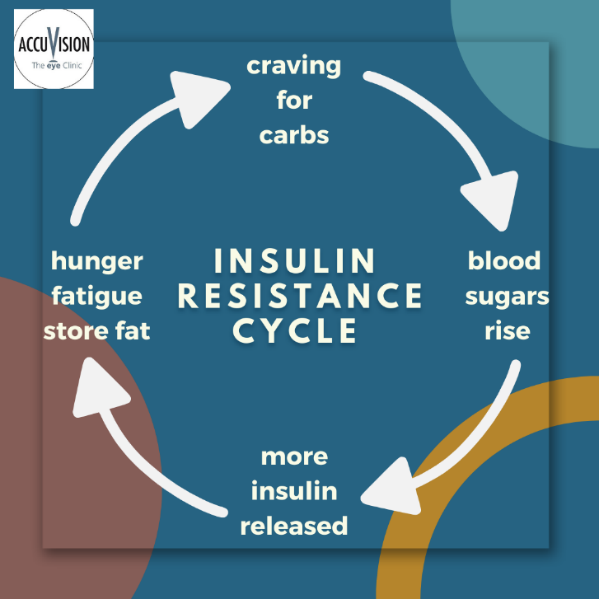
Minimise sugar and carbohydrates in your diet so that your insulin levels can stay low. Replace these with foods that are high in protein and fibre. Additionally, stop snacking, as this can cause a spike in blood sugar levels and subsequent increase in insulin production. Intermittent fasting has also shown to be extremely beneficial in decreasing sebum and the severity and frequency of acne.
Four research-backed, natural supplements proven to reduce acne
If you are struggling with a carbohydrate-restrictive diet or want to maximise the efficacy of your acne treatment strategy, consider adding one or all of these to your daily routine.
- Berberine helped to lower blood glucose levels in a study of 34 patients by 11.1%. This can have a powerful knock-on effect, helping to lower insulin and reduce cravings.
- Polyphenols found in many foods including nuts, fruits, vegetables, chocolate, wine, and tea, are antioxidant molecules that have antimicrobial and anti-inflammatory This can help reduce the severity of acne.
- Green tea has been shown to reduce acne by directly preventing the sebaceous glands from producing excess sebum.
- Zinc and copper deficiency is one of the root causes of acne. Both are needed in the most powerful antioxidant in your cell, superoxide dismutase (SOD). SOD cleans up all the oxidation that’s occurring in the skin from all the inflammation and oxidative stress of acne. And zinc is also needed to help you absorb vitamin A. This vitamin is essential for your skin and it can reduce inflammation, cell damage and redness.
Save this free infographic to help yourself remember and incorporate these 4 remedies into your daily routine:
Have acne and you’re worried about your eyes?
Remember, if you have any concerns about your eye health, big or small, our specialist eyecare team is here to help. Don’t hesitate to reach out for professional advice and guidance. It is always better to come in, even if you are unsure about whether you need help or not.
With over 20 years of experience treating the most complex cases, our expert team of clinicians will be able to detect any eye problems early on using our cutting-edge diagnostic equipment, and create a timely plan to ensure the best possible outcomes for your treatment.
Even after two decades of service and thousands of happy patients, we continue to treat every single patient as an individual, and personalise their treatment as such.
